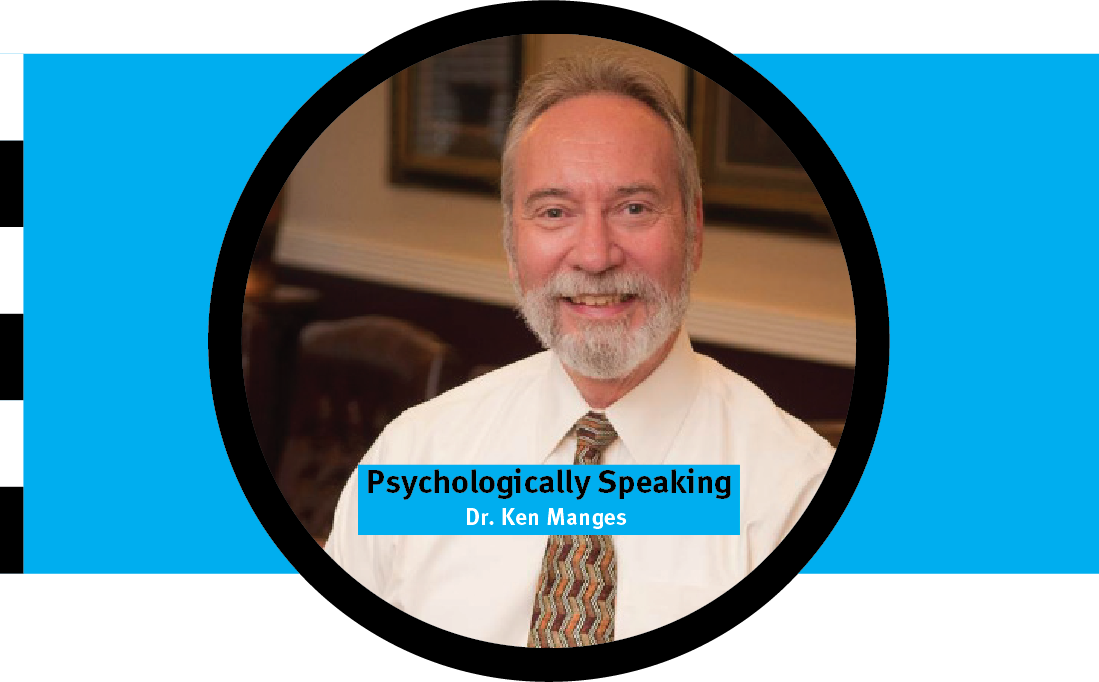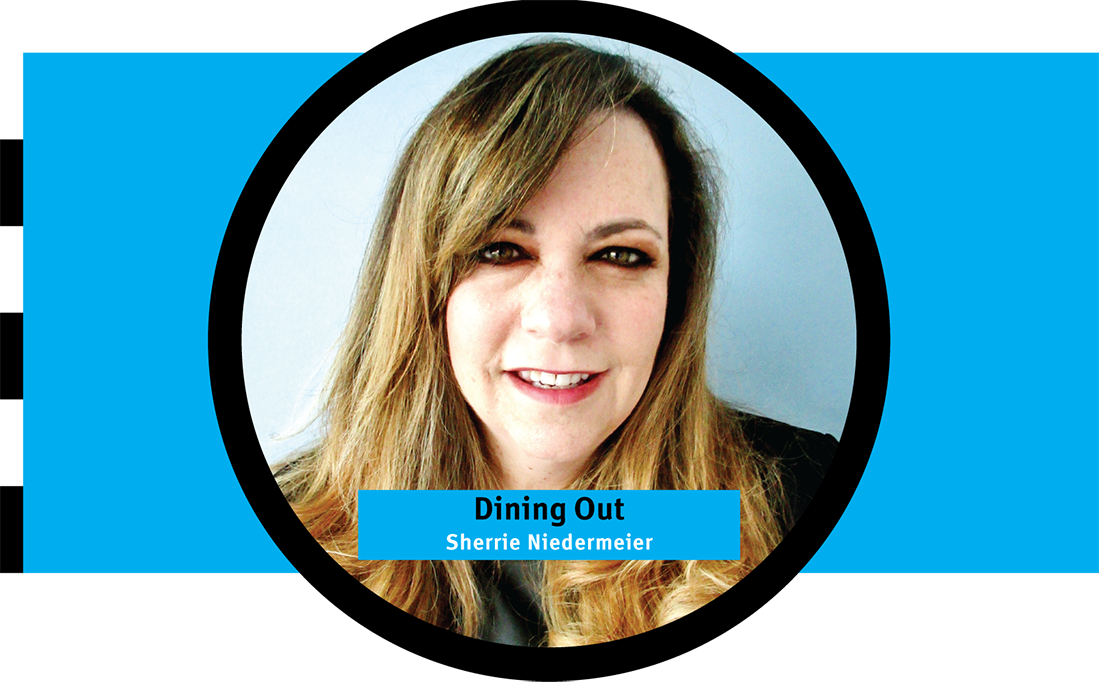Dr. Vivek Murthy, Surgeon General of the United States, this year (2023) wrote a lengthy, professionally researched paper on “Our Epidemic of Loneliness and Isolation.” The paper is profound and offers insight into how we are facing a serious mental health hazard.
Vivek Murthy says “Loneliness is different than isolation and solitude. Loneliness is a subjective feeling where the connections we need are greater than the connections we have. In the gap, we experience loneliness.”
Do you have episodes of loneliness? It would not be surprising if you did, as shown by an AARP study. The study is a stark picture about loneliness and pre-dated the Surgeon General’s findings. AARP’s 2010 survey: Loneliness Among Older Adults. A National Survey of Adults 45+ answered the question — How often do you feel you lack companionship?
The respondents answered “Sometimes” as broken down by gender and age were as follows:
Male: 33.9%
Female: 39.3%
45-49 years old: 40.8%
50-59 years old: 36.8%
60-69 years old: 36.4%
70+ years old: 33.6%
What is loneliness? No doubt we recognize it in ourselves, and can probably diagnose it in others, but what can we point to and say, “that’s loneliness.”
We know when we are separated or lose the companionship of a loved one, we feel lonely. We know we can feel isolated or lonely when struck by an unexpected illness.
But what is loneliness?
Dr. Murthy defined loneliness as “subjective distressing experience resulting from a perceived isolation or a sense or deficit between a person’s preferred and actual experience.”
The keywords here are “perceived isolation” and “preferred and actual.” The title of this column is Alone in a Sea of Others because even though we may be physically around other caring people, we may still perceive ourselves as feeling alone.
We can feel misunderstood, or the tone and tenor of the group is one of festivity (like the holidays, or a special celebration for something we have accomplished) but we simply do not feel in the mood.
Do you sometimes feel alone when amongst others? If so, according to the AARP study cited herein, you would not be alone (pun intended).
AARP had a question “Sometimes loneliness is caused by a specific event or condition, e.g., the death of a loved one or unexpected illness. Sometimes there is no reason.”
The AARP questionnaire then gave the participants the choices of “Yes or No,” to the question “Is there a specific cause for your feelings of loneliness?”
The AARP national survey found the following.
Was there a specific reason for your feeling of loneliness?
The respondents answered “No” as broken down by gender and age, as follows:
Males: 76.4%
Females: 62.8%
45-49 years old: 68.9%
50-59 years old: 67.8%
60-69 years old: 69.7%
70+ years old: 70.5%
What does extreme isolation and loneliness have to do with being human?
As a forensic, I have evaluated those who have been secluded in prison. While solitary confinement offers safety, it’s punishing on the psyche.
On a more benign note, Josie Laures and Antoine Senni volunteered themselves as experimental subjects in 1965 when they went into two separate caves in the French Alps.
Josie, a midwife, and Antoine a furniture maker, were part of an experiment to see what the effects of extreme isolation and loneliness would do to them physically and psychologically.
At the end of Laures’ 88 days, and Senni’s 146 days, they were both reported to be in good health, but both lost track of time. Not surprising, as they did not have calendars, clocks or contact with the outside world.
But something less expected happened. They felt exhausted and reported having lost desire and the motivation to do things to keep themselves distracted.
As humans, we typically crave companionship, unless we are amongst the few who enjoy being a recluse or hermit. Or, in the alternative, we are not alone, we just seek occasional seclusion.
Anna Neagle knows the difference and simply stated says, “Solitude is pleasant. Loneliness is not!”
But if you are not a hermit and are not seeking solitude, being lonely can feel like a punishment.
What happened to your sense of comfort when you were quarantined during COVID-19?
An unexpected social experiment — COVID -19
As we lived through the initial stages of COVID-19, we were a part of an unexpected social isolation experiment.
Murthy’s findings about our current Pandemic of loneliness and isolation seem to be an echo of what the world went through during COVID.
Psychologically, it looks like we are still in isolation but it’s of our own doing and not the result of a health pandemic.
Did you participate in a required quarantine? I can recall my dismay about being healthy yet having to physically isolate myself and test for being a COVID carrier. Were you physically/geographically restricted so you would not spread the virus?
Quarantines were not new, just inconvenient. We had to isolate ourselves. Isolation has its roots in Latin for the word “insula,” which means island. It has an interesting etymological history.
Venice established the first permanent hospital for treating plague victims in 1423 on the island of Santa Maria di Nazaret. The hospital was named for the biblical city of Nazareth.
The hospital was located for security (and to limit infections) on an island. The geographic location resulted in the word isolation because it means “island” in Latin.
The AARP survey has dibs on how we feel about being isolated.
AARP asked its participants: How often do you feel isolated from others? Any guesses?
The respondent’s answer “Sometimes” was broken down by gender and age as follows:
Male: 26.5%
Female: 24.9%
45-49 years old: 29.5%
50-59 years old: 28.1%
60-69 years old: 23.5%
70+ years old: 20.9%
Loneliness is something we can do something about. But not unlike a depression, it is more than telling someone else or telling yourself “get over it.”
The Dali Lama says loneliness is “Too much self-centered attitude…brings isolation. Result, loneliness, fear, anger. The extreme self-centered attitude is the source of suffering.”
Feeling alone has its origins in how we make our choices, what yardsticks we use to measure our successes and self-worth, and our feelings of FOMO (fear of missing out). Sometimes we have triggers or emotional and physical reminders of loss. When we focus on those, the abyss of loneliness is an easy trap.
Dr. Murthy’s paper has six pillars to advance social connectedness. They are:
- Strengthening social infrastructures in local communities.
- Enacting pro-connection public policies.
- Mobilizing the health sector of our economy.
- Reforming our digital environments.
- Deepening our knowledge.
- Cultivating a culture of connection.
Kurt Vonnegut had this to say about loneliness, “What should young people do with their lives today? Many things, obviously. But the most daring thing is to create stable communities in which the terrible disease of loneliness can be cured.”
The consequences of not acting are dramatic and in some cases catastrophic!
How many cigarettes have you metaphorically smoked this week?
The research is clear. Loneliness or a lack of social connection presents a significant personal health loss and a loss of mental wellbeing.
The surgeon general’s paper says lacking social connectiveness can “increase the risk for death as much as smoking up to 15 cigarettes a day.”
Julianne Holt-Lunstead, Timothy Smith, and Mark Baker et. al., were serious when they reported in their journal article, Loneliness and social isolation as risk factors for mortality: A meta-analytic review, in Perspective Psychological Science, 2015.
They found no difference between those who felt they were socially isolated and those who did not feel socially isolated but were physically and emotionally isolating themselves.
The study is profound. “The socially isolated experienced a 29% increased likelihood of mortality. Those who experienced loneliness experienced a 26% increased likelihood of death. And those who were living alone experienced a 32% increased likelihood of death. What an outcome.
Just to rub salt in the wound, the study found social deficits were more predictive of death in samples who were younger than 65 years old!
My takeaway — living longer has a lot to do with the company you keep.
Murthy has some great suggestions. One of those is a pet peeve of mine, reform digital environments.
There are more motor vehicle accidents (the National Safety Council reports cell phone use while driving leads to 1.6 million crashes each year), and from personal observation there are more missed human connections due to digital connectiveness.
If you want it to change it, start with ground zero. Us.
Thanks for reading the column. Please go to the AI website and post a comment.
Questions? Suggestions? Send me an email at psychology@americanisraelite.com. Be well. See you here next month.





